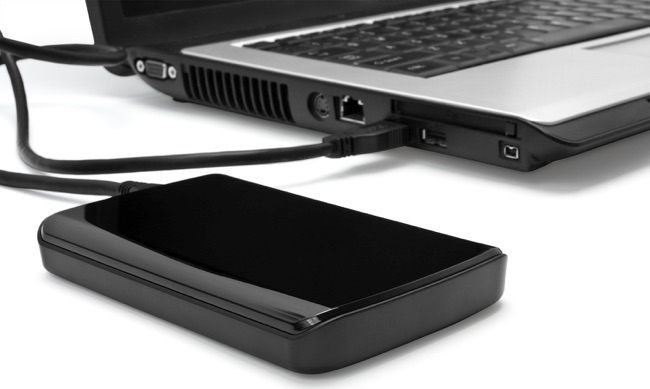Whether you work from home or own a large company the information stored on your computer is invaluable and not something that you can replace easily. Technology gives you the false sense of security that you can place everything in a single storage unit and access it at any time without ever giving it a second thought. In the perfect world, this may hold true, but, in the real world, the likelihood that a machine will break and need replacing or repairing is inevitable.
What is a hard drive?
A hard drive aka HD and HDD is where permanent information gets stored. It retains your music, pictures, favorite videos, texts, downloads and created files. It also stores every file for the operating system and software programs that run on your computer. Since the hard drive is like a brain to a human it’s well protected and often uses one or more platters to write and store the data with a magnetic head placed inside an air-tight housing.
Why does a hard drive falter or crash?
There are many reasons that your hard drive may fail. Age is the most common reason. Over time, usually within 5 years, components wear down causing malfunctions. There are other reasons too. Improper ventilation, moisture, a head crash and logical failure due to human error and malware infections.
Professional assistance might be your best line of defense
Just the thought of losing everything stored on your computer, or even bits and pieces can cause countless hours of unplanned work. And, that’s if you’re lucky enough to have paper files or some of the lost information stored on another device. When it comes to fixing a computer there are many things to take into consideration. First attempting to turn it on and off several times thinking that one time it will stay on, is actually doing more harm than good. With each click, you could actually be losing more data. Also, the hard drive is very delicate. If you open your computer and expose it even a piece of dust unseen by the naked eye can cause your read/write head to crash. Hard drive data recovery is a delicate and time-consuming process best left to a qualified expert. Professional recovery services use state-of-the-art equipment, a clean room free of contaminants, and their engineers wear protective gear similar to a doctor.
Things to look out for
It’s very rare that a hard drive just stops. That’s the good news. Take notice and pay attention to strange, uncommon noises that may develop including a screeching, grinding or clicking sound. A slow and sluggish system may be common to someone who has an outdated computer, but if yours is relatively new, it shouldn’t take but a few seconds to move from screen to screen. Other more serious situations might include a disk error message, lost data files and the blue screen, which will send you running.
Preparedness to prevent a long delay
There are steps you can take to reduce your possible losses to a minimum like performing regular maintenance like backing up your system once or twice a week, performing a weekly scan for malware and defragging once a month. Also, for a business, make employees aware through training programs, of things that might be cause for alarm such as disappearing files, strange noises or timely startups and shutdowns.
